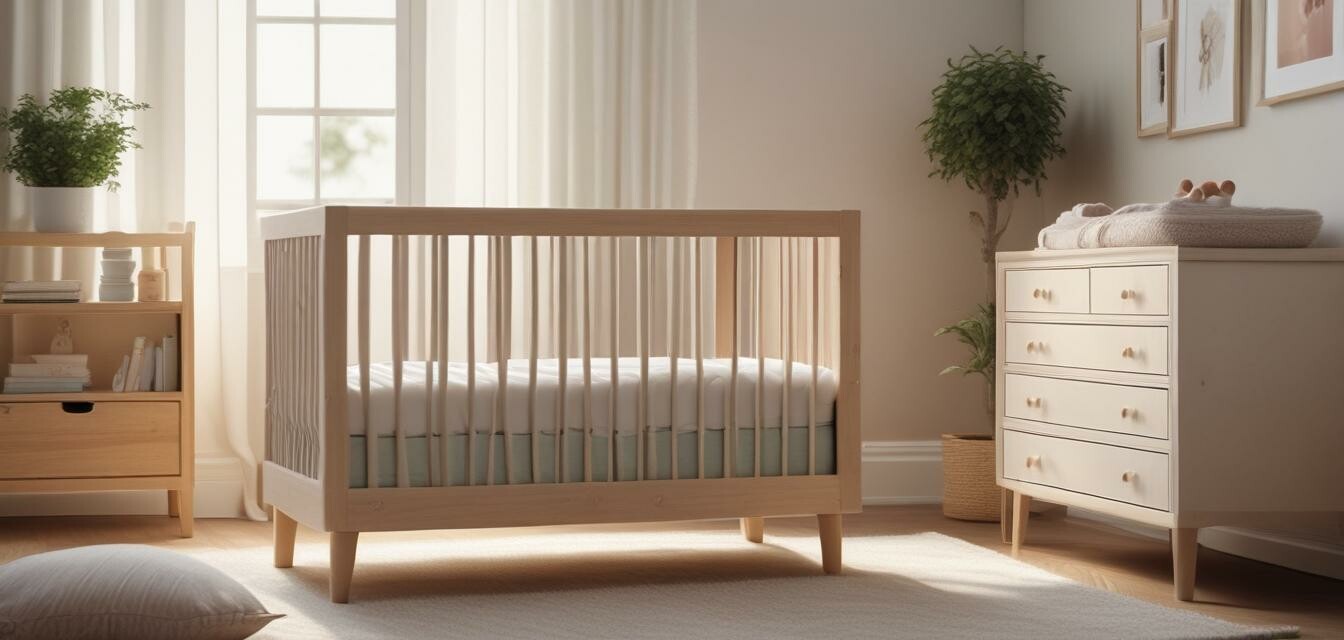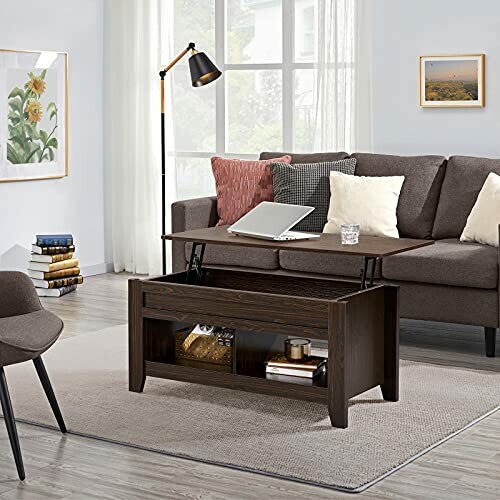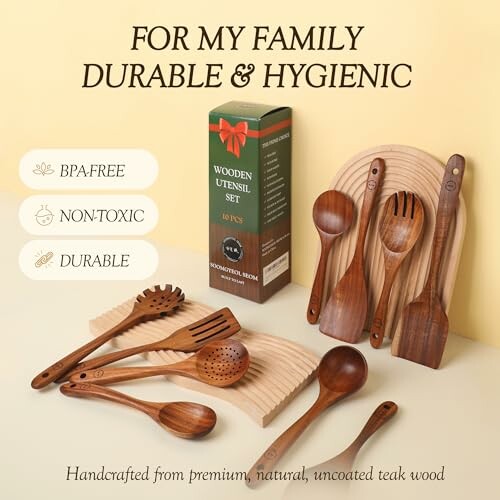
Choosing the Best Wooden Crib for Your Baby
Key Takeaways
- Prioritize safety features to ensure a secure sleeping environment.
- Choose sustainable wood materials to promote environmental friendliness.
- Consider versatility in design for long-term use as your baby grows.
- Explore various styles to match your nursery's aesthetic.
When it comes to preparing a nursery for your little one, selecting the right crib is one of the most important decisions you'll make as a new parent. With a variety of options available, navigating through them can be overwhelming. This comprehensive guide will help you understand everything you need to know about choosing the best wooden crib—a blend of safety, style, and sustainability for your baby.
Why Choose a Wooden Crib?
Wooden cribs are considered classics in nursery furniture. They bring both warmth and sophistication into the space. Here are some reasons why wooden cribs are a preferred choice:
- Durability and stability: Wood is known for its robust nature and ability to withstand the test of time.
- Natural aesthetics: The beauty of wood grain adds an organic charm that complements any nursery décor.
- Easy to style: They can easily fit into both modern and traditional settings, making them versatile.
What to Consider When Buying a Wooden Crib
Before making a purchase, it's crucial to keep in mind several features that will ensure the crib is the right choice for your needs:
Safety Features
First and foremost, safety should be your top priority. Here are some critical safety features to look for in wooden cribs:
- Slats: Ensure the slats are no more than 2-3 inches apart to prevent any risk of injury.
- Non-toxic finish: Look for cribs painted with non-toxic finishes to avoid harmful chemicals.
- Adjustable mattress height: This feature allows you to lower the mattress as your baby grows, making it easier to lift them in and out.
Wood Quality
The type of wood matters. Here are some popular choices:
| Wood Type | Description |
|---|---|
| Solid Pine | A budget-friendly option with good durability and easy to find. |
| Maple | A hard wood that is resistant to scratches and dents, perfect for high-traffic use. |
| Birch | Known for its light color and smooth grain, birch is sturdy and stylish. |
| Beech | Wide-grained and extraordinarily durable, beech cribs often have unique patterns. |
Versatile Designs
Consider cribs that grow with your child. Convertible cribs can transform into toddler beds, daybeds, or even full-size beds, making them a worthwhile investment. Here is a quick comparison:
| Type | Description | Longevity |
|---|---|---|
| Standard Crib | A simple crib used until the child outgrows it. | 0-3 years |
| Convertible Crib | Can turn into various bed styles as the child grows. | 3 years to adult |
| Mini Crib | Great for smaller spaces, can serve as a travel crib. | 0-2 years |
Style Preferences
Lastly, the design of the crib should fit within your overall nursery decor. Here are a few popular styles:
- Modern: Sleek lines and minimalist design for a contemporary vibe.
- Rustic: Natural, unfinished wood for a cozy, cabin-like feel.
- Traditional: Classic, detailed designs with curves and ornate coloring.
Product Recommendations
Here are two highly recommended wooden products that will serve beautifully in your nursery:
Yaheetech Lift Top Coffee Table
This coffee table offers a lift-top design, providing a versatile workspace while keeping your living area neat.
Learn MoreWooden Spoons for Cooking
This teak wood utensil set is durable and heat-resistant, ideal for safe cooking in your beautifully designed kitchen.
Learn MoreFinal Thoughts
Choosing the best wooden crib for your baby is an important investment that requires careful consideration. Ensuring that you take safety, wood quality, design versatility, and aesthetics into account will help you make the best decision for your growing family. Take your time exploring options, and remember that a well-chosen crib will last for years to come.
Tips for New Parents
- Check for safety certifications to ensure the crib adheres to regulations.
- Visit stores to see and feel the cribs in person before purchasing.
- Consider your future needs; think about how long you plan to use the crib.
- Consult other parents for recommendations based on their experiences.
Related Resources
If you're interested in learning more about wooden products or need help with nursery ideas, explore our resources:

